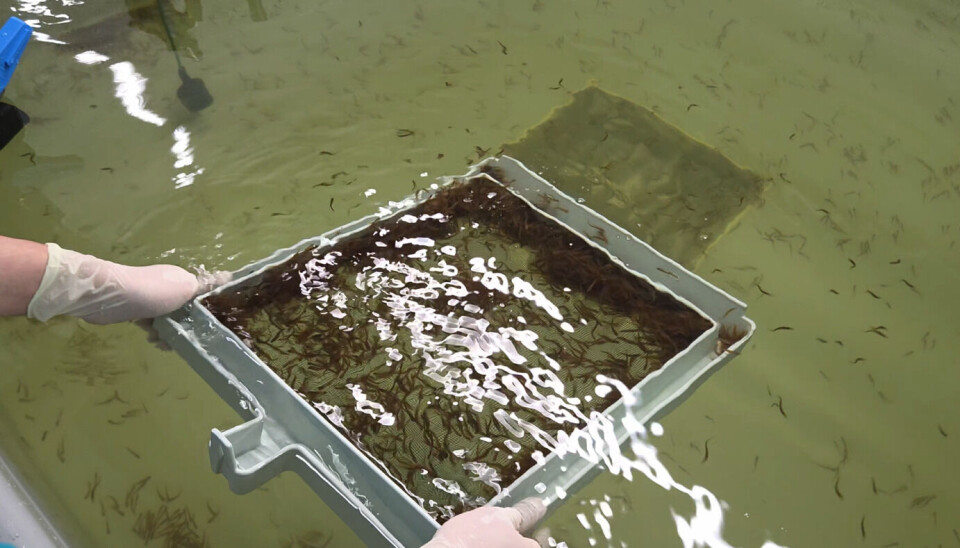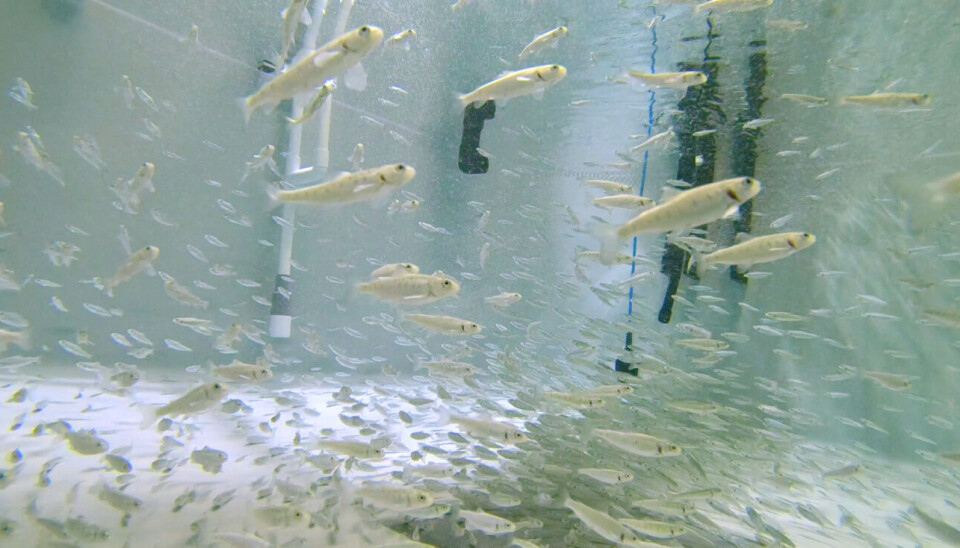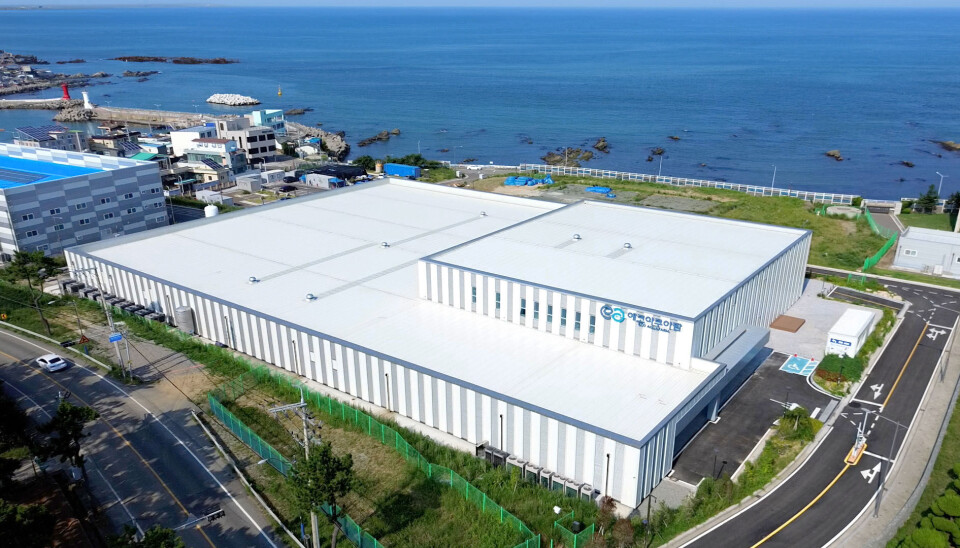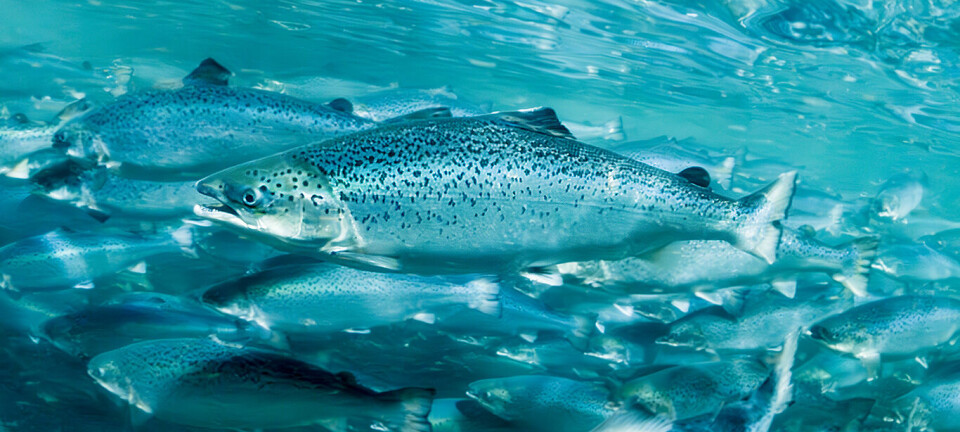
New milestone for South Korea's first land-based salmon farm
Eco Aquafarm has transferred its second batch of salmon. The facility in Busan is South Korea's first commercial venture into land-based farming of Atlantic salmon.
South Korean aquaculture company Eco Aquafarm has reached a new milestone in the development of its land-based salmon farm in Busan. The second batch of Atlantic salmon fry has now been transferred from the hatchery to the recirculating aquaculture system (RAS).
The salmon fry, now having absorbed their yolk sacs, were recently moved to the facility's RAS 1 tank.
The transfer marks an important milestone in the facility's first year of operation. The company says that the salmon from the first batch, which was transferred to RAS 1 in February, and the trial batch transferred to RAS 2 last month, are showing good and healthy growth.
"The salmon is growing very well and maintaining good health in the new environment," Eco Aquafarm states in a post on LinkedIn.
Modernising Korean aquaculture

Eco Aquafarm operates South Korea's first and only land-based Atlantic salmon farm. The facility, developed by GS Engineering & Construction and located at Pukyong National University's Fisheries Science Institute in Gijang-gun, is built over several floors and has an annual production capacity of 500 tonnes.
The facility was completed in December 2024, uses AKVA group's RAS technology and is part of the government initiative Smart Aquaculture Cluster Development Project, a programme to digitalise and modernise Korean aquaculture.
99%+ reuse
With a closed RAS system that reuses over 99% of the water, the facility will reduce the environmental footprint and the need for seafood imports in South Korea. Digital tools are used for real-time monitoring of water quality, fish health and system performance.
“As this is our first project with land-based salmon, we have a lot to learn. But with support from AKVA group, we are now building the expertise required for advanced aquaculture in Korea,” Eco Aquafarm’s business development manager Sang-Jun Dong previously stated.
Tenfold increase
Eco Aquafarm plans a tenfold increase in production capacity in the next phase, and is seeking international investors to realise a large-scale RAS plant with 5,000 tonnes of annual capacity.
The first harvest from the facility is planned for the fourth quarter of 2026.























